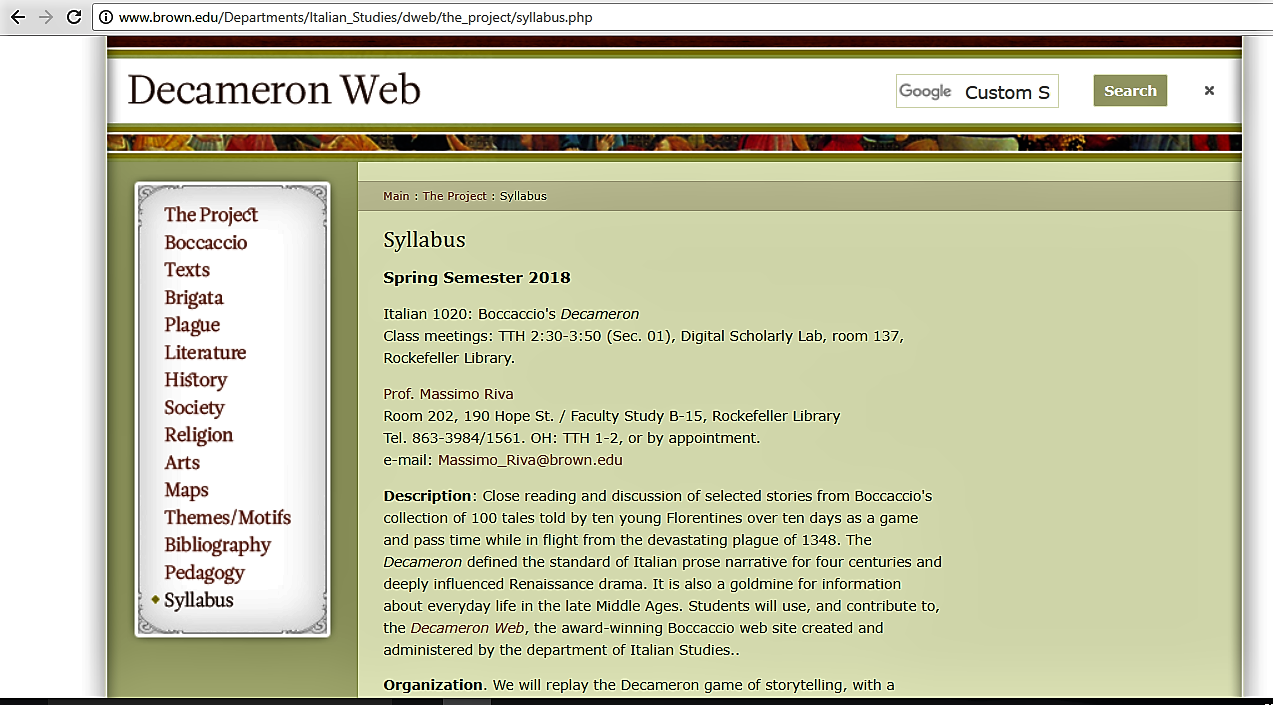Siemens uses Vaill’s quote (1996) “learning must be a way of being” to emphasizes the need for learning theories to take into account the social environments. Along these lines, he argues that behaviorism, cognitivism and constructivism applies better to learning instructional environments but they do not reflect the impact of nowadays technology.
He continues arguing that knowledge life has different measurement before and after technology development. Before technology development, knowledge life was measured in decades while nowadays is measured in months and years. The American Society of Training and Documentation (ASTD) highlight the “shrinking” issue of knowledge, meaning that what we learn today become rapidly obsolete. Organizations are developing new ways of instruction to battle this knowledge shrinking issue.
Learning trends are moving now into: lifetime learning; a variety of informal learning settings; learning and work related activities are getting blurred; technology is “rewiring” our brains and ultimately our thinking; learning theories are “off-loading” on to technology; know-where is replacing know-how and know-what.
As defined by Driscoll (2000), Siemens indicates that learning is a change in performance which comes as a result of the learner interacting with the world. The debate on learning from Behaviourism, Cognitivism and Constructivism is trying to explain where knowledge is and comes from: is it innate; does it come from experience; is it knowable? is it negotiable through experience and thinking or is it constructed? Etc. The common factor for all the three theories is that knowledge is an objective; it is attainable through reasoning or experiences.
Behaviourism, cognitivism and constructivism focus on how the person learns: Behaviourism states that learning is about, behaviour change, Cognitivism builds on learning as mental process and sees learning as a memory process and Constructivism sees learning as a process of creating knowledge from experiences.
However there are limitations to these learning theories as they fail to explain the social side of learning and promote the individual learning. They do not discuss the impact of technology on the learning process and how learning changes when seen through technology.
Connectivism sees personal knowledge as “comprised of a network, which feed into organizations and institutions, which in turn feed back into the network, and then continue to provide learning to individual. This cycle allows the learners to be up to date in their field through the connections they have formed”. Connectivism bases its theory in learning through the personal network.
In brief Connectivism supports that access to what is needed is more important that what the learner currently possesses” and provides the insight to learning in the new digital area.
